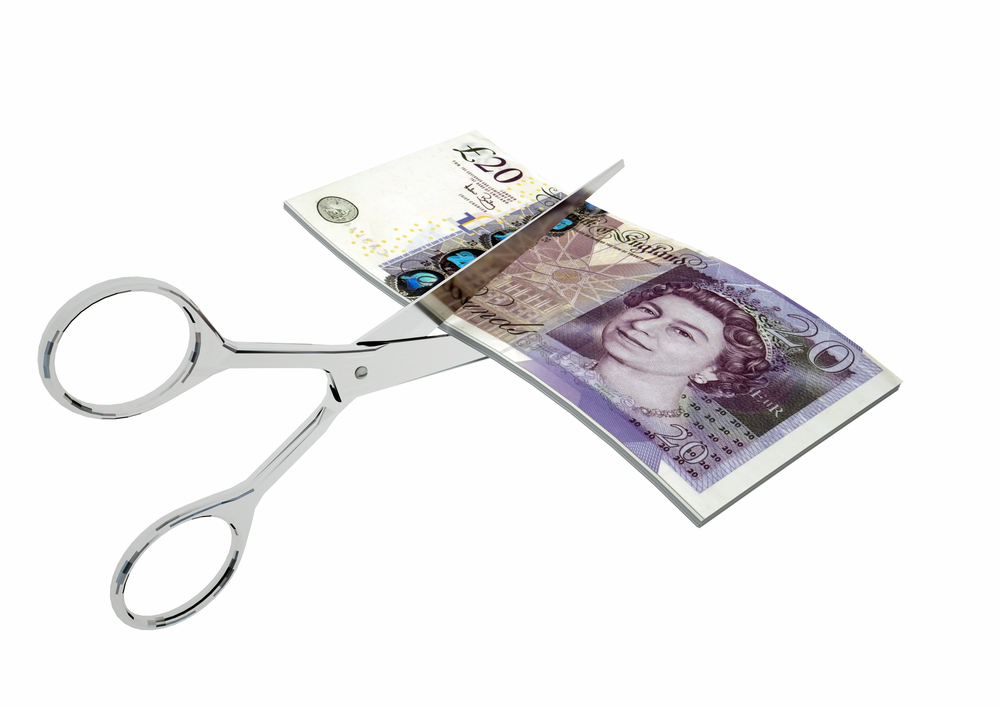Household Bills
‘Living standards rollercoaster’ will see households lose £1k income

With soaring inflation and energy price rises even before the Ukraine invasion, household incomes are forecast to fall by £1,000 in the coming financial year (2022/23).
The UK is stepping out of a Covid crisis straight into a cost-of-living crisis, spurred on by the Russian invasion of Ukraine, a think tank warns.
According to the Resolution Foundation, even before the war, the outlook for living standards was “bleak” for the year ahead amid soaring energy bills which disproportionately affect low- and middle-income families.
But now given the conflict, Brits should brace themselves “for an even deeper living standards squeeze”, it said.
The group said inflation could reach 8.3% this spring, and could even exceed 8.4% last seen in 1991. This is significantly higher than the Bank of England’s forecast (6.2%) made only last month.
As such, typical household incomes are projected to fall 4% (£1,000) which is the sharpest annual income fall since the mid-1970s.
This figure is cushioned by the government’s £350 boost to incomes, made up of a £150 council tax rebate and £200 energy discount so “the fall would be even larger without this”.
Further, due to low productivity levels and wages, typical household incomes in 2025/26 are set to be lower than that recorded in 2021/22 so “the pandemic may actually have been as good as it gets in terms of household incomes”, the Foundation noted.
And the prospects differ for different pockets of Brits. Poorer households will be put through a “living standards rollercoaster” over the next couple of years, it warned.
The proportion of children living in absolute poverty is also set to be higher in 2026/27 than it was at the start of the decade. “This is something never seen before in modern Britain”, it added.
The Foundation said benefits are meant to protect incomes from changes in the cost of living. But there’s a gap between increases and inflation, leading to a cut in real terms.
As an example, working age benefits and the state pension are due to rise by 3.1% in April at a time when inflation could be around 8%. This will mean a real-terms cut in the value of benefits to the tune of £10bn over the course of the year.
However, on the plus side, it means benefits could rise by around 7% in April 2023.
It’s calling on the government to increase benefits to 8.1% this year, and reduce the increase by five percentage points in 2023/24.
Income falls more akin to recessionary times
Adam Corlett, principal economist at the Resolution Foundation, said: “Britain has stepped out of a global pandemic, and straight into a cost-of-living crisis. The tragic conflict in Ukraine is likely to further drive up the price of energy and other goods, and worsen the squeeze on incomes that families across Britain are facing. Inflation may even exceed the peak seen during the early 1990s, and household incomes are set for falls not seen outside of recessions.
“For millions of low-and-middle-income families, this inflation-driven squeeze will be made worse by a living standards rollercoaster. Working-age benefits and the State Pension are due to be uprated by just 3.1 per cent next month, at a time when inflation could be as high as 8 per cent.
“The immediate priority should be for the Chancellor to revisit benefits uprating in his upcoming Spring Statement. In the longer term, turning around the UK’s relative decline compared to other advanced economies, and reversing our terrible recent record on productivity, is the only route to meeting the living standards challenges Britain faces.”